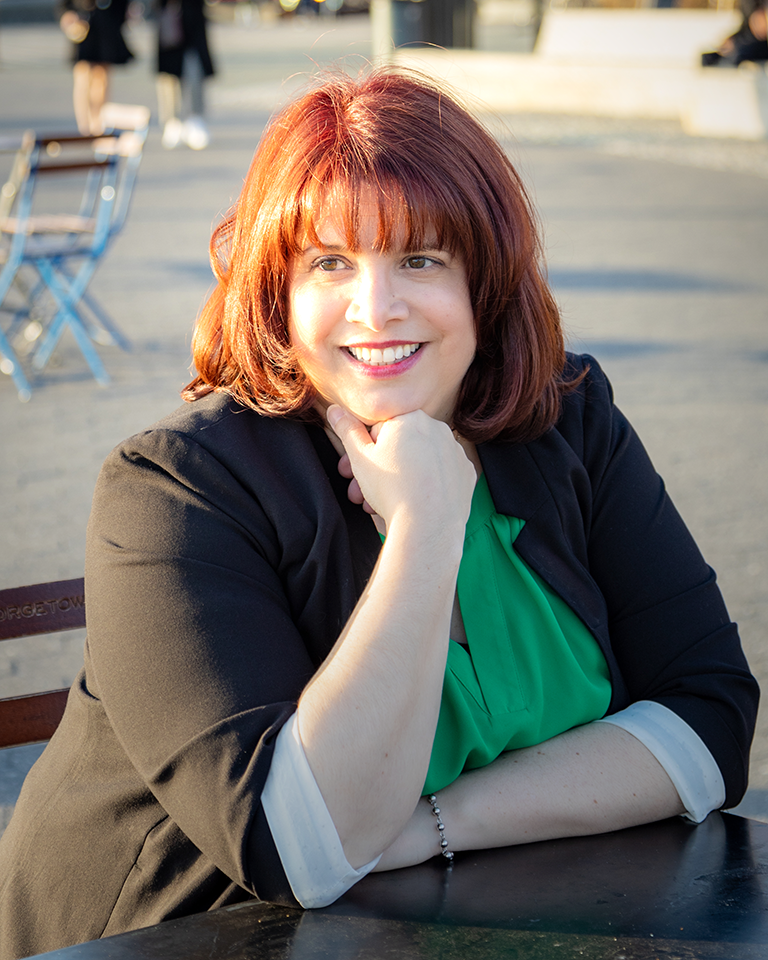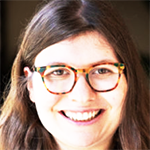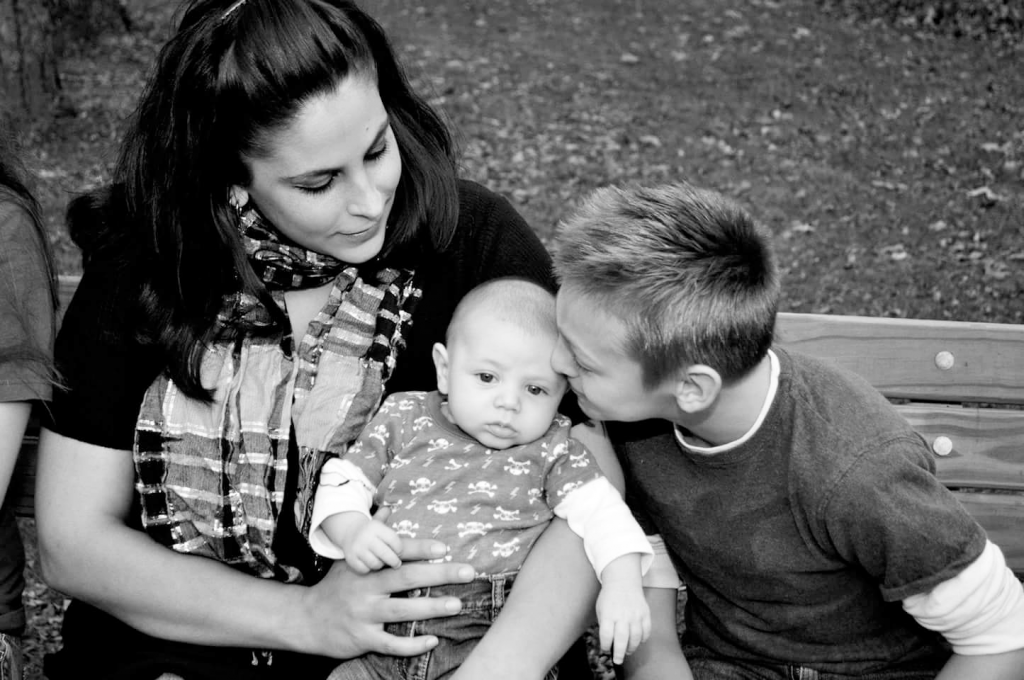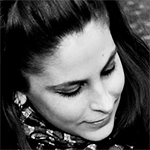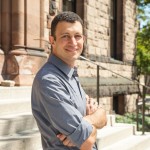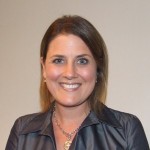An OSERS guest blog by David Flink
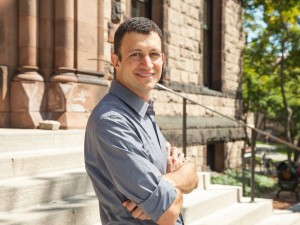
David Flink is founder and Chief Empowerment Officer of Eye to Eye and author of Thinking Differently: An Inspiring Guide for Parents of Children with Learning Disabilities
October is Learning Disabilities (LD) Awareness Month, a time when the nation turns its attention to the one in five students who learn differently because they have dyslexia, Attention Deficit Hyperactivity Disorder (ADHD) or other learning and/or attention issues. Eye to Eye honors the LD/ADHD community this month and throughout the year.
As Education Secretary Arne Duncan said recently, “This is a time to understand how these disabilities impact students and their families, to reflect on the significant achievements that these students have made, and to renew our commitment to creating a stronger future for them.”
What does awareness actually mean? What would real awareness look like in our schools, homes, and workplaces? How can we unlock the potential of different learners and create a world where all learners can thrive?
Eye to Eye is the only national mentoring movement that pairs kids who have learning disabilities and ADHD with college and high school mentors who have been similarly labeled. We are an organization for people with LD/ADHD by people with LD/ADHD. And we believe that one of the most powerful things you can do is share your own LD/ADHD story or the story of someone you love.
Owning your LD, then speaking it loud and proud, is the first step in breaking the stigma. When you share your truth, you help a kid feel seen. You tell them they’re not alone. They start to see their future and their potential in a whole new way.
That’s why Eye to Eye mentors work with kids in middle school, telling them, “I’ve been where you are. I made it, you will, too.” It’s why our Eye to Eye Diplomats, who range from successful students to established professionals, speak around the country, saying, “I am what LD/ADHD looks and sounds like and here is how I found success.
I started Eye to Eye in 1998 because that didn’t happen when I was kid. I was a 5th grader who couldn’t read. No matter how much my parents supported me, I had no role models with LD/ADHD. If national statistics hold true, one in five educators has a learning difference or a family member who does. But that would have never occurred to me, I thought I was alone.
It was only after I graduated from Brown University and finished my graduate work in Dis/Ability Studies at Columbia that one of my teachers called to say, “I am dyslexic.” That was revolutionary to me, that one act of sharing.
Imagine that happening in homes and classrooms across the country. What it would mean to kids to hear that the adults in their lives face the same challenges they do.
It would break the stigma. It would create a safe space where a kid can say, “I really think I could learn better if I just had this.” Allowing kids to listen instead of read, learning with their ears instead of their eyes. Or letting kids with attention issues have breaks. Kids can get these accommodations now, but often the stigma of having an LD/ADHD can prevent them from seeking help or access the accommodations that are their legal rights. We should make sure no kid feels ashamed to ask for what they need—and what better way to not feel ashamed than to know you’re talking to someone who really gets it?
When we don’t share, when we keep silent, we lose kids. Kids with dyslexia and other learning disabilities drop out of high school at more than double the rate of students in the general population. Individuals with learning disabilities appear in the U.S. prison population at four times the rate they are found in the general public.
It’s not a small number of kids. Learning disabilities affect as many as 20% of our students. According to the Department of Education, 2.5 million kids have been identified with specific learning disabilities; as many as 6 million with ADHD. Still more have not been identified—and so many don’t get the attention they need. Unless we help them, the national cost in human potential and hard dollars will be tremendous.
That’s one of the reasons I’m so passionate about the work we do at Eye to Eye. We encourage everyone to share his or her story. We know that in some environments, revealing takes real courage. But sharing creates a connection. Connection creates community. And a community sparks culture change and a movement.
So, this LD Awareness Month, share your story or the story of someone you love. I started by talking with Secretary Duncan. One month before he made his statement about learning disabilities, two Eye to Eye mentors from the University of Illinois, represented the LD/ADHD community met with Secretary Duncan on his Back-to-School Bus Tour. They told him about the challenges they and the LD/ADHD community faced and what they hoped to do in their lives. They shared. He listened—and committed to change.
Learn More
Eye to Eye
David Flink
Eye to Eye on Social Media
Facebook
Instagram
Twitter
YouTube
Pinterest


